
INCLUSIVE QUALITY EDUCATION
Socially excluded, marginalized and vulnerable people have historically been deprived of their basic right to education. Moreover, the disadvantaged and marginal groups, i.e. the girls, Dalits, Janajati and other minority children are in an even worse situation. Such a poor state of education is primarily attributed to inadequate budget allocation, poor educational infrastructure, ineffective monitoring, lack of accountability on the part of key actors and geographical remoteness. Due to the lack of or inadequate understanding of the value of quality education by SMC and parents, lack of appropriate management capacity, specific monitoring and follow-up mechanism, several government policies and programs for promoting quality education have not been realized in the practice. Therefore, despite the fact that the overall access to education has become better in the region, but the hard-core groups: ultra poor, vulnerable, and extremely marginalized groups, are still out of school, thereby deprived of quality education. The theme aims for Inclusive and equitable quality education and promote lifelong learning opportunities for all and will focus on partnerships and coordination with local government agencies, civil society organizations and other development agencies to specifically address the underlying problems in promoting quality education and will increase access of children, especially hard core group (Dalits, ultra poor and disabilities,) in education system.

HUMAN RIGHTS, GOVERNANCE AND DEMOCRACY
Human rights violations and abuses are still a major problem to be addressed, and there is apparently a lack of respect and response to human rights issues among state actors, and other stakeholders. Similarly, there is no adequate monitoring and reporting mechanism in place to take up the issues to the concerned ones.
Inadequate service delivery system of local government bodies, state institutions and duty-bearers, thereby persistence of discriminations based on caste, ethnicity, religious beliefs, gender and geographical location are attributed to the lack of democratic practices and good governance. The situation of democratic practices and good governance is bleaker in the region. The situation can be improved by promoting democratic practices and good governance among local government bodies, state institutions and stakeholders in order to undertake the fundamental rights of the citizens of Karnali region. Under this theme focused program for awareness raising and capacity building on democracy and good governance practices for community people, integrating local institutions and district-based organizations: state and non-state duty-bearers will be carried out.
FOOD AND NUTRITION SECURITY
The region is identified as the poorest and most food insecure region in Nepal, with food production sufficient for only 3-5 months of the year. The recent data says more than 42 percent of Karnali residents live below the poverty line, almost double the national average (25.16 percent), while all five districts rank among the lowest in the Human Development Index (HDI) in Nepal. Most excruciating is the child health status in the region. More than 60 percent (against the national average of 41 percent) of Karnali children under the age of five are stunted (low weight for age) primarily due to chronic under-nutrition, indicating the denied access to an adequate food supply and proper healthcare. Undernourished children are more likely to die from common childhood ailments and, for those who survive, are likely to have recurring sicknesses and faltering growth. Therefore, interventions are urgent in order to enhance nutritional status of Karnali children, providing proper education in preparing nutritious foods with the available resources, and facilitating and capacitating the GoN mechanisms for ensuring the required food facilities in this region. This theme aims for sustainable production and access to food security to encourage and strengthen the state organization working in health sectors to ensure regular monitoring and follow-up of the health institutions and available resources and Conduct various awareness campaigns for educating people on nutritional facilities and the basic health service provided by the GoN. This also involves promoting sustainable agricultural, supporting small-scale farmers and equal access to land, technology and markets.
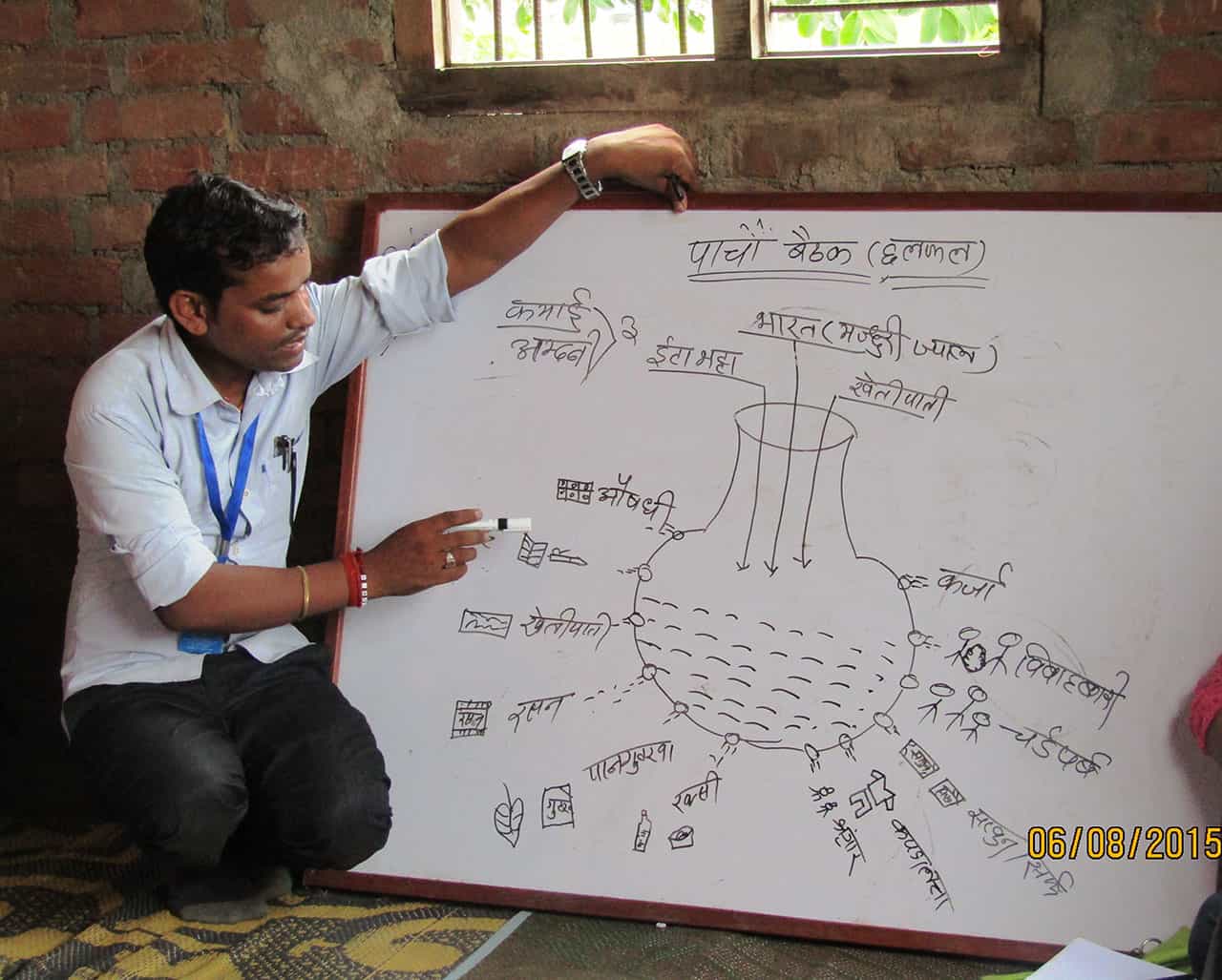

RESILIENT WASH
Poor sanitation and hygiene practices are one of the major problems of public health in the region. Only less than 15 percent of households have access to toilets; and even fewer households have access to safe drinking water. Hospital record shows that more than 50 percent people visiting hospital for treatment in Karnali have reported cases of water-borne diseases such as diarrhoea. In addition to lack of access to public health facilities and structural barriers to attain them, the situation is compounded due to the lack of awareness among the people in the region. By providing infrastructural facilities, removing structural barriers, and most importantly raising the awareness among the people and building their capacity to become competence in proper WASH practices in rural areas can change the public health situation in the region.
Similarly, GoN is also focusing on addressing this problem through coordination and collaboration with several organizations. In this context, it is necessary to institutionalize the WASH governance in all districts of Karnali region by promoting the capacity of state and non-state actors in the region.There is strong need of Institutionalization of a strong mechanism in order to build the capacity of local people and service provider agencies for promoting the effective WASH governance in the region. The theme will aim to establishing a coordination and collaboration mechanisms to address the situation by supporting the construction of a water supply scheme, and sanitation facilities. Facilitate for mainstreaming of WASH stakeholders in local and district/regional level for sustainable and quality service delivery.
ENTERPRISES AND BUSINESS DEVELOPMENT
The Karnali has very little access to and participation in the developmental services. Agriculture, animal husbandry, and cottage industries all of which depend on local natural resources make up virtually all of the economy. The traditional technology, the often-obsolete means of production, the growing population, and the increasing attraction of modern lifestyles have all adversely affected the standard of livings. But several studied have suggested various potential sectors, which have scope of creating employment opportunities with appropriate interventions and local innovations. The proper utilization of available natural resources, for e.g., forest resources, aromatic and medicinal herbs, promotion of innovative technologies for diversifying crop production, and involvement of private sectors for employment generation could promote the livelihood conditions of the people of Karnali region. This theme aims to capacity building of the people by providing training for improving living conditions of Karnali region through employment opportunities. Facilitate appropriate vocational training for youths, women particular, and promote them in establishing local enterprises.

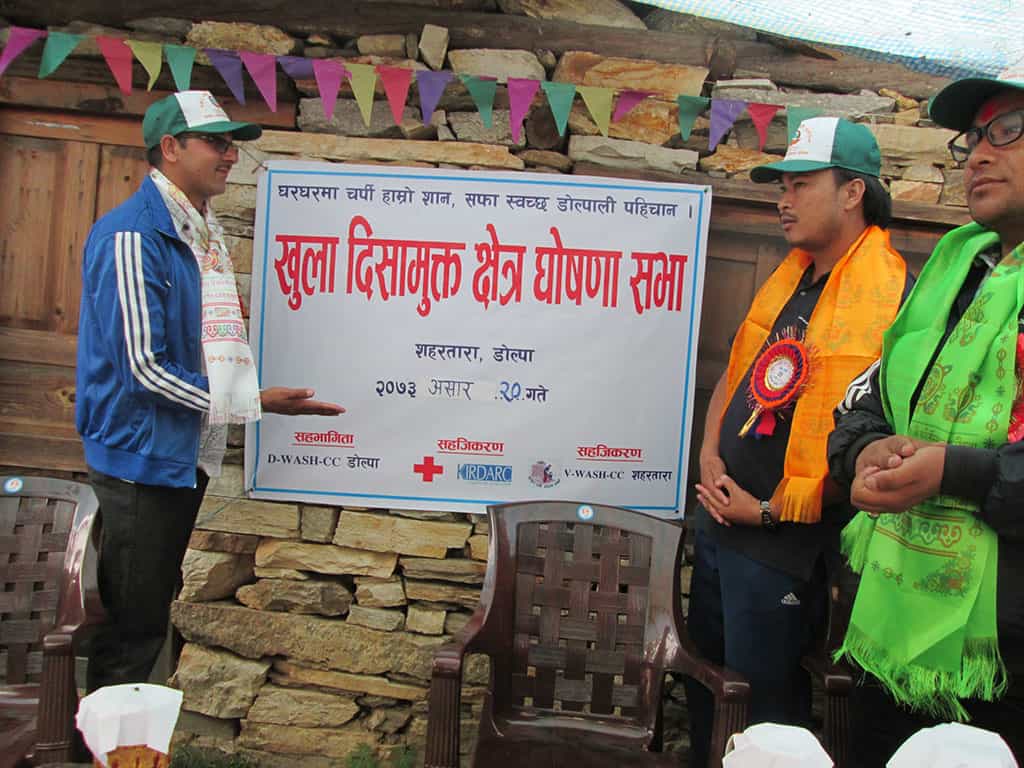
HEALTH AND WELL-BEING
Health service delivery is apparently inadequate in Karnali region. Although the GoN has promised to provide basic health services for all, there is still a lack of basic health facilities and health professional in Karnali; and also in the adjoining hill districts of mid and far western regions. Six districts of the mid-western and far western regions, namely Mugu, Bajhang, Kalikot, Dolpa, Bajura and Jajarkot, rank lowest in the health capability score (below 0.30) – just half the national health score. Despite several but less-promising efforts of GoN, and endeavors of NGOs, coupled with lack of proper management and regular follow-up mechanisms, people in the regions are deprived of basic health services. This theme aims to increase access to safe, effective, quality and affordable quality essential health-care services decreasing child and maternal morbidity rate including for family planning, information and education.
DRR AND CLIMATE CHANGE
Karnali region is highly vulnerable to natural disasters and epidemics. Furthermore, the increasing impact of disasters and climate change tends to affect poor and ultra-poor people in a more intense manner. Current systems and practices of responding to disasters and climate change impacts by enacting disaster risk reduction and climate change adaptation programs, and by mainstreaming DRR and CCA issues are not adequate. The development intervention focusing on DRR and CCA is still not a priority agenda for many other organizations especially in Karnali region. Thousands of people are affected by natural disasters like floods and landslides, leading them to more vulnerable condition jeopardizing their livelihood Consequently, DRR and CCA are not yet been prioritized. In this backdrop, a holistic approach to underline and link the issue in other development interventions; and establishing a coordination and collaboration mechanism among the state and non-state actors can improve the situation with regard to DRR and CCA. This theme aims strengthen resilience and adaptive capacity to climate related hazards and natural disasters. Advocacy and mainstreaming the DRR and climate change into local developmental interventions and Awareness and capacity building of local communities, local institutions, and stakeholders on effective planning and response on disaster and climate change issues will be the focus under this theme.
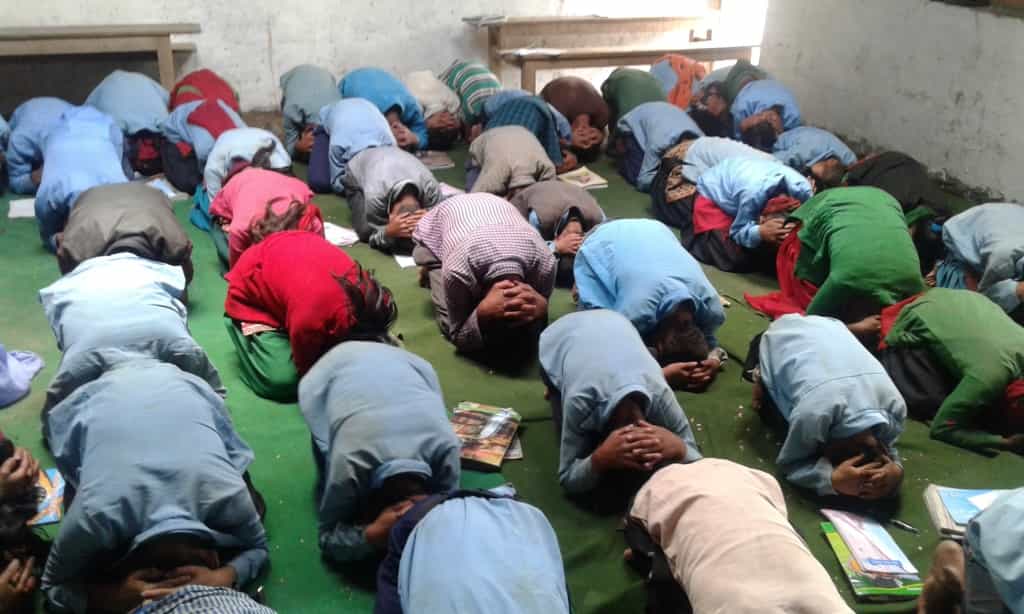
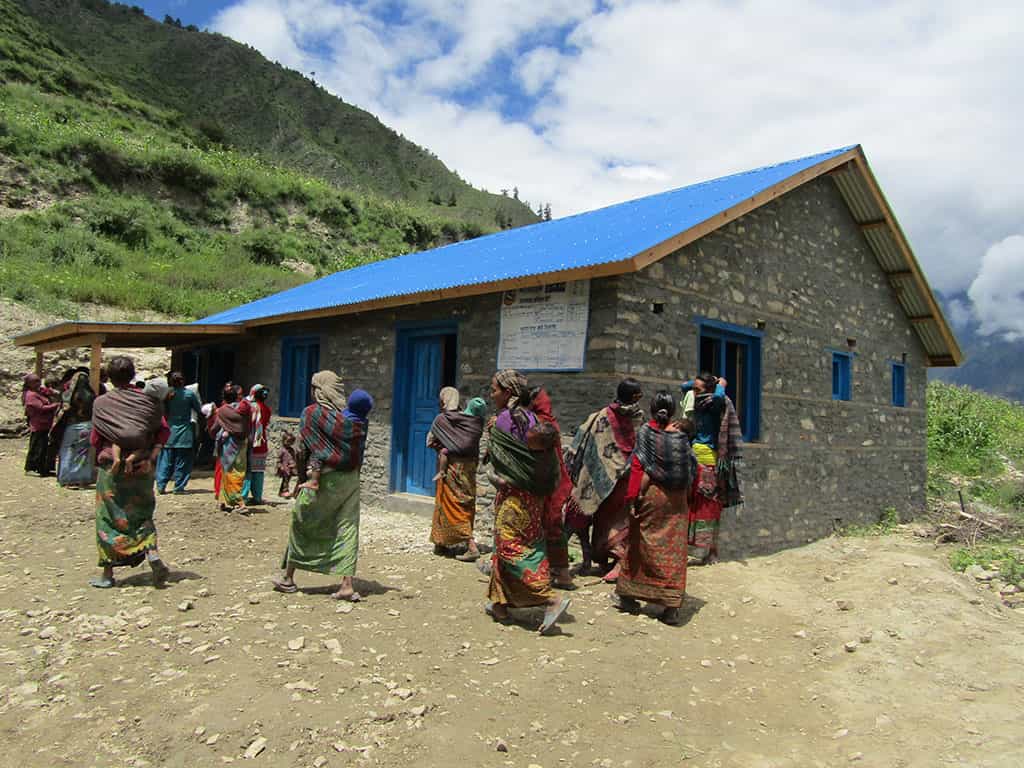
MOUNTAIN BIODIVERSITY AND NATURAL RESOURCES
Nepal has experienced enormous challenges in conserving the country’s biodiversity, from the mountains to the Terai. The main threats to mountain biodiversity unsustainable use of natural resources, lack of economic alternatives, population growth, and cultural and religious factors that influence local communities’ behavior in ways that impact biodiversity. And climate change is having increasing impacts on people and nature, in some cases exacerbating indirect drivers of biodiversity loss. This theme aims to promote Mountain eco-tourism and Technology transfer, Knowledge to local people about natural resource management. It aims to strengthen governance in natural resource management, improve livelihoods of forest dependent communities and improve local stewardship in conserving natural resources. This includes promoting meaningful participation and equitable benefit sharing for poor and marginalized groups, and for women reducing the loss of natural habitats and biodiversity.
ECOLOGICAL RESILIENCE
The geophysical environment and intensified human use has increased the vulnerability of mountain social ecological systems to risk from hazards. Climate change had threaten the sustained provision of essential ecosystem services for people living in and downstream of mountain regions. The increasing evidence of the many vulnerabilities of mountain social-ecological systems has highlighted the urgent need for policy-relevant research into ways of coping with these trends. Mountain regions are subject to a variety of hazardous processes. Earthquakes, landslides, snow avalanches, floods, debris flows, epidemics and fires, among other processes, have caused injury, death, damage and destruction. This theme aims to resilience building in understanding the impact of hazards in mountain areas and develop positive institutional linkages with other social ecological systems in the face of hazards.
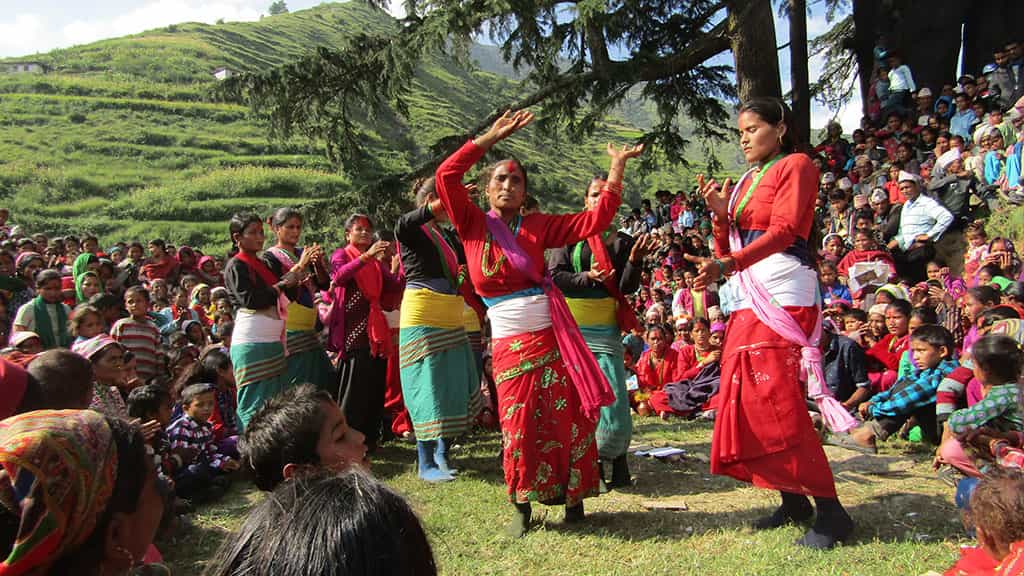
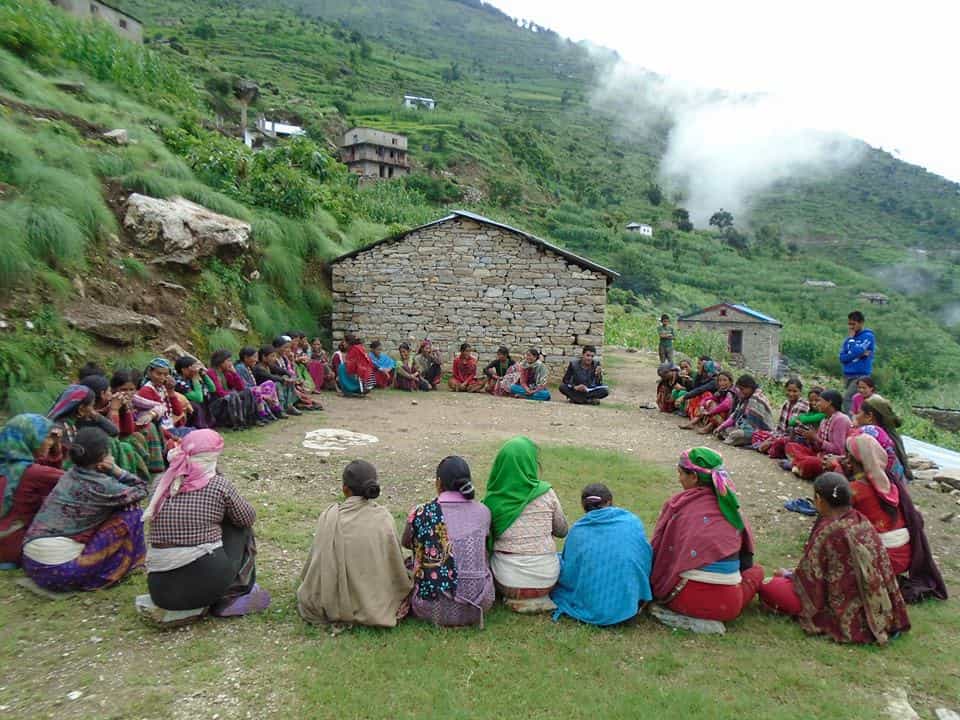
GENDER EQUALITY
Ending all forms of discrimination against girls and boys is not only the basic human rights but it’s crucial for empowering girls and women in the development. Political decision making and governance continue to be dominated by men, In today’s context also there are still large gender inequalities persist depriving women of rights and opportunities and hampering the progress in all developmental settings in Karnali region. Throughout their lives, women are subjected to different forms of gender-based violence and discrimination and denied equal access to legal rights and basic services, including health care, education and justice. So, this theme aims for the empowerment of women and girls promoting women’s participation and leadership in political institutions and processes and preventing and ending gender-based violence as well as Capacity building of marginalized and vulnerable group.
CHILDREN, WOMEN AND YOUTH
The children, youth and women, in Karnali region are uniquely in vulnerable condition. Women have long borne the brunt of poverty and social injustice, continue discrimination and violence due to patriarchal culture and their lack of knowledge, skills and economic opportunities. Children and youth face highest physiological and social risks children are more vulnerable to malnutrition, diseases and death than other age groups. Youth are more likely to engage in risky behavior, be victims of violence due to the lack of participation in development policies and process. The theme aims to advocate and campaign for better practices and policies to fulfill the rights of children, women and youth and to ensure their voices. Networking and leadership will be developed through social campaigns to create awareness about social transformation reducing social malpractices and structural violence in community.
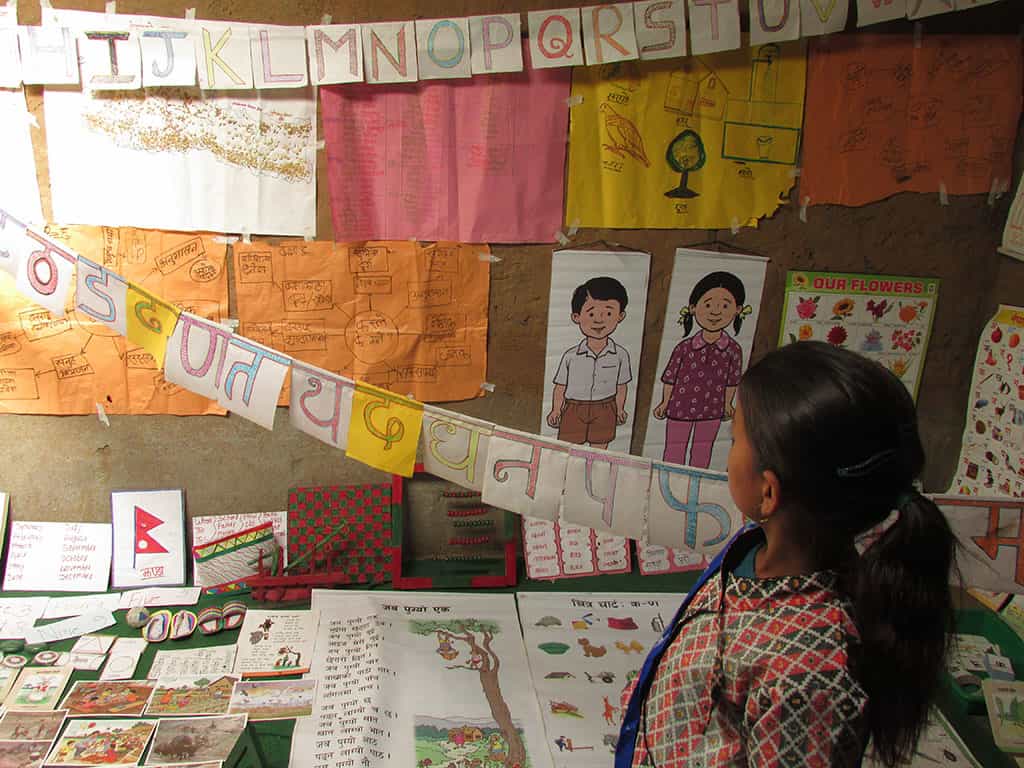


SOCIAL INCLUSION
Karnali region as a whole is lagging behind in human development and other development indices, but some groups are more discriminated and marginalized socially-culturally, economically and politically within the region. Such discrimination and marginalization are historically rooted and culturally embedded; viz, untouchability and social stigma against Dalits, Chaupadi system and other discriminatory practices against women, harmful religious beliefs that approve discrimination and marginalization of Dalits, women, people with disability and minorities, exposing them to more vulnerable situation.
Development interventions in general overlook their special needs, consequently the neediest section of the society are denied the benefits of such interventions. A social security scheme of the government is apparently inadequate and inefficient. Their participation is not considered as important at the local level of development interventions, let alone their participation in decision- making; hence, are denied of several of their fundamental rights. Coordinated and concerted efforts of various rights holders and duty bearers, right campaigns and movement with the objectives of empowerment and ensuring the meaningful participation of deprived communities is an urgent need to change the situation in favor of marginalized and minorities of the region. Under this theme Series of interventions will be carried out to empowering the community people to act against the all forms of discriminations, at the meantime, maintaining and promoting the social harmony